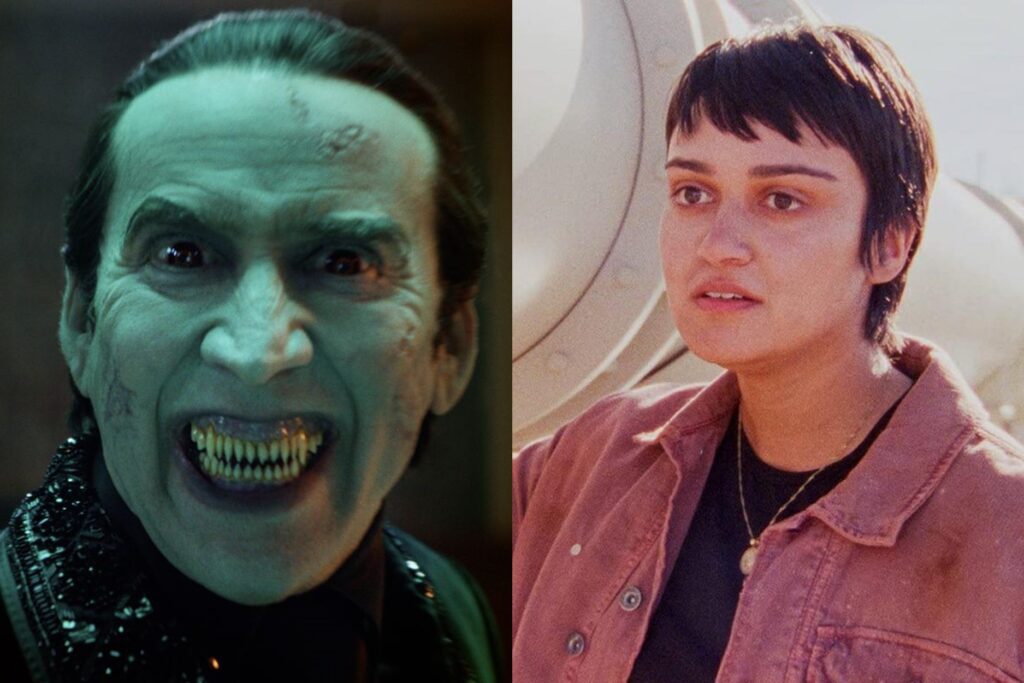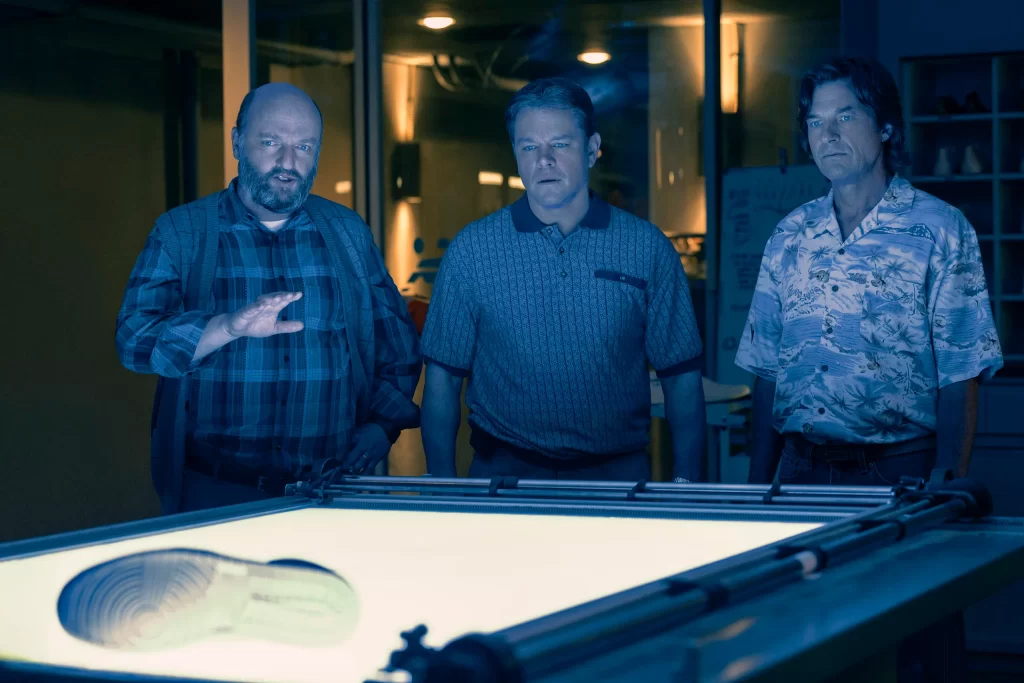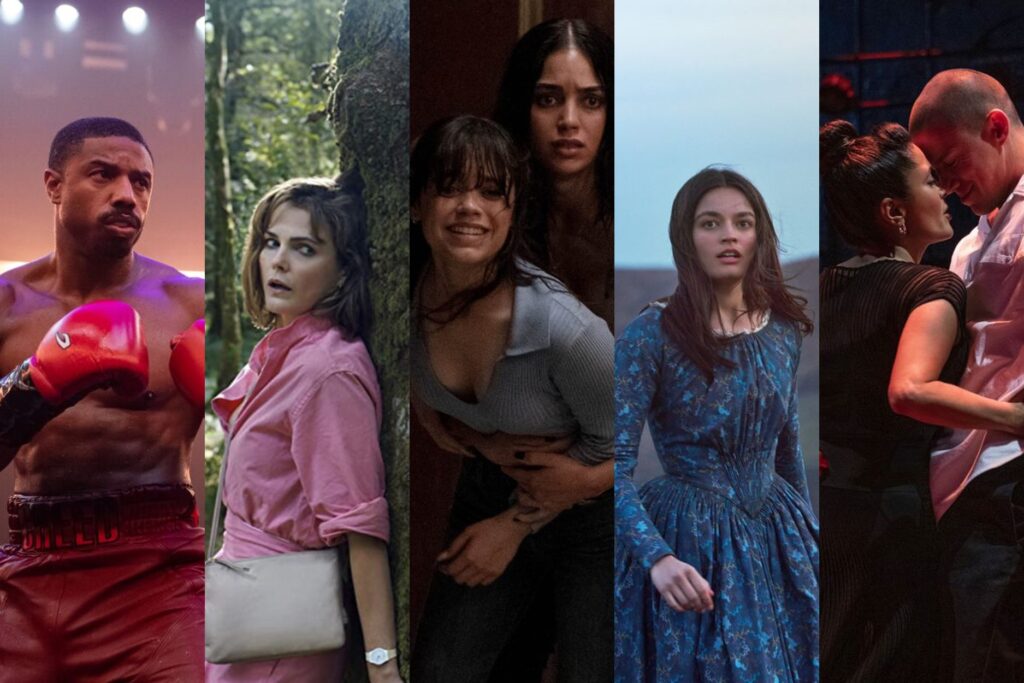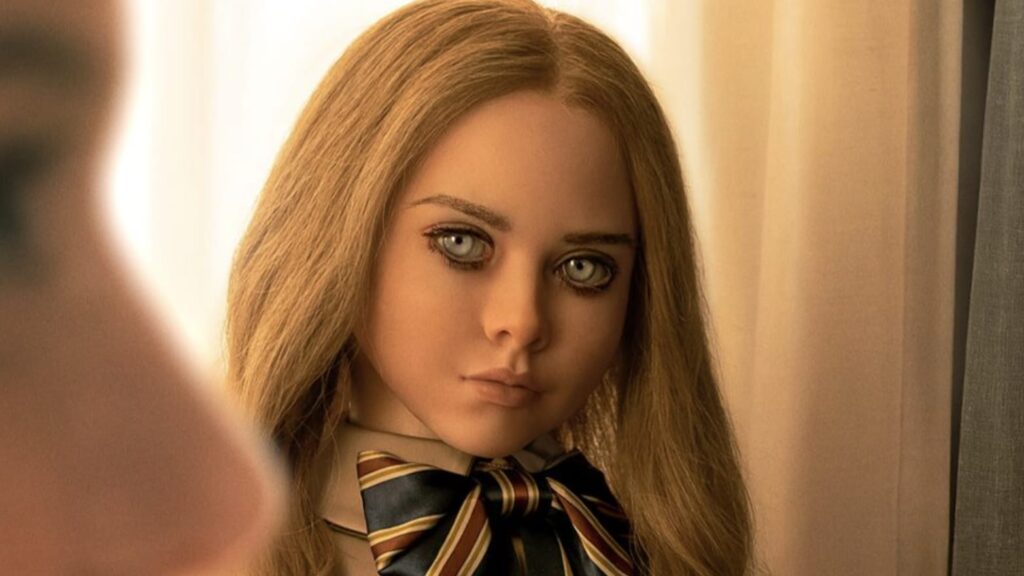Quick Hits: Renfield, How to Blow Up a Pipeline

As premises go, “Nicolas Cage plays a campy Count Dracula” is a pretty good one. And Renfield, Chris McKay’s new horror-comedy, eagerly exploits the goofy appeal of its conceit; it slathers one of American cinema’s most (in)famous overactors in revolting makeup, dresses him in baroque wardrobe, and affords him ample opportunity to howl, snarl, and preen. Still, as Cage vehicles go, it’s less unhinged than some of his more maniacal late-period work, and in fact his performance works best when he pretends to modulate his hammy instincts with faux politesse, like a dormant volcano teasing you with the prospect of imminent eruption. When an associate informs Dracula that he was just on his way to see him, the vampire’s smiling response—“Oh, you were on your way”—drips with such performative understanding, you wonder if he feeds on anxiety rather than blood.
That associate, of course, is Robert Montague Renfield (Nicholas Hoult), and the problem with Renfield is that it’s mostly about Renfield. This isn’t the fault of Hoult, a fine actor and capable showboat in his own right. (If you haven’t seen him on Hulu’s The Great, you’re missing one of the small screen’s most marvelous imbeciles.) And it makes strategic sense to keep Cage’s wildness in reserve so that he doesn’t drain the film of its oxygen. But the product that McKay and his screenwriter, Ryan Ridley (fleshing out a Robert Kirkman pitch), have constructed around their stars is too flimsy to support the weight of their talent. It’s an idea in search of a movie. Read More




